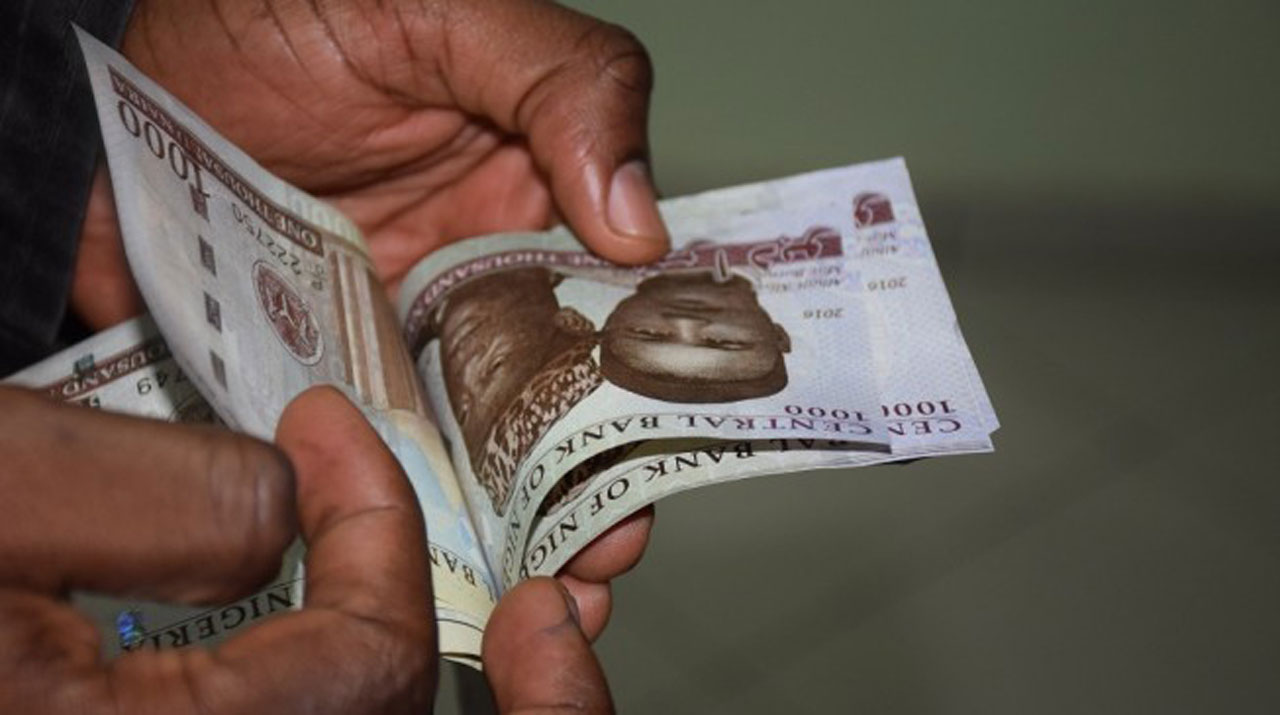
Vote buying was widely reported during elections in Ekiti and Osun states, as well as during the political party’s primaries that held in the country recently. Events in recent past have also shown very clearly that some politicians have taken vote buying to a higher dimension with reckless abandon.
This development is sad, as it is capable of hampering and hurting the growth and development of democracy in the country in the long run. It is unfortunate that party manifestoes and integrity of candidates contesting for political offices are no longer convincing enough to guarantee them electoral success and have resorted to vote buying. The willingness on the part of the electorate to sell their votes to the highest bidder is also another disturbing issue entirely.
The politics of vote buying can be counterproductive as it is a threat to the conduct of free and fair election and by implication to democracy. It leads to rigging of elections and associated malpractices. Once a political party comes to power through vote buying, the party or the politician holding office will desperately try to recover electoral expenses through corrupt and illegal means.
Vote buying can equally drive up the cost of election for political parties and their candidates and as well prevent credible persons from contesting in an election. Most importantly, it breeds cynicism among voters who feel disenfranchised by a corrupt system that fails to adhere to democratic ideals. The poor are most often victimised by vote buying because their limited means makes them susceptible to material inducement and offer of basic commodities or modest amount of money. Other negative effects of vote buying are deprivation of political and gender equality, undeserving leaders and limited attention to service delivery once elected into political offices.
Elections are said to be a central feature of a democracy and for people to be able to exercise their franchise, there must be free and fair elections. If election is free, all those who are entitled to vote must be totally free to make their choice of candidates without inducement.
Vote buying cannot take place during election unless INEC officials and security agents are compromised. As provided in the electoral act, 2010, those who sell and buy vote are supposed to be sanctioned, but unfortunately, this provision is not taken seriously and enforced. Both security agents and INEC officials must not continue to condone vote buying as they have a role to play in ensuring free, fair and credible election.
This is important, as our previous experience has shown that during incidence of vote buying, security agencies were seen helpless to prosecute politicians according to extant laws. INEC on the other hand, has a responsibility to ensure that violations of the Electoral Act are punished, by working in co-operation with the security agents. The commission should ensure that anyone who sells or buys votes in future election, is prosecuted and punished because of its consequences.
It is important that we all comply with the provision of the Electoral Act. The Act is very clear about offering money to voters or electors. The law must be enforced in every election cycle. The police must also shun partisanship and be empowered to carry out their duties without fear or favour regardless of how highly placed the perpetrators of such acts are. The police have a responsibility to bring law-breakers to book.
The media, civil society, religious bodies and traditional institutions should endeavor to complement the on-going efforts of National Orientation Agency to enlighten citizens on the adverse effects and implications of money politics for the successful conduct of 2019 general elections in the country. It is important that the electorate knows that giving away their votes for cash will not augur well for the development of our democracy.
More importantly, Nigerians should know that any person who offers money in order to be voted for is a fraudster who will continue to defraud our national treasury once voted into public office. It is therefore important that critical stakeholders provide adequate sensitization and enlightenment on members of the public on the adverse effect of vote buying in order to achieve free, fair and credible elections in 2019.
[ad unit=2]



